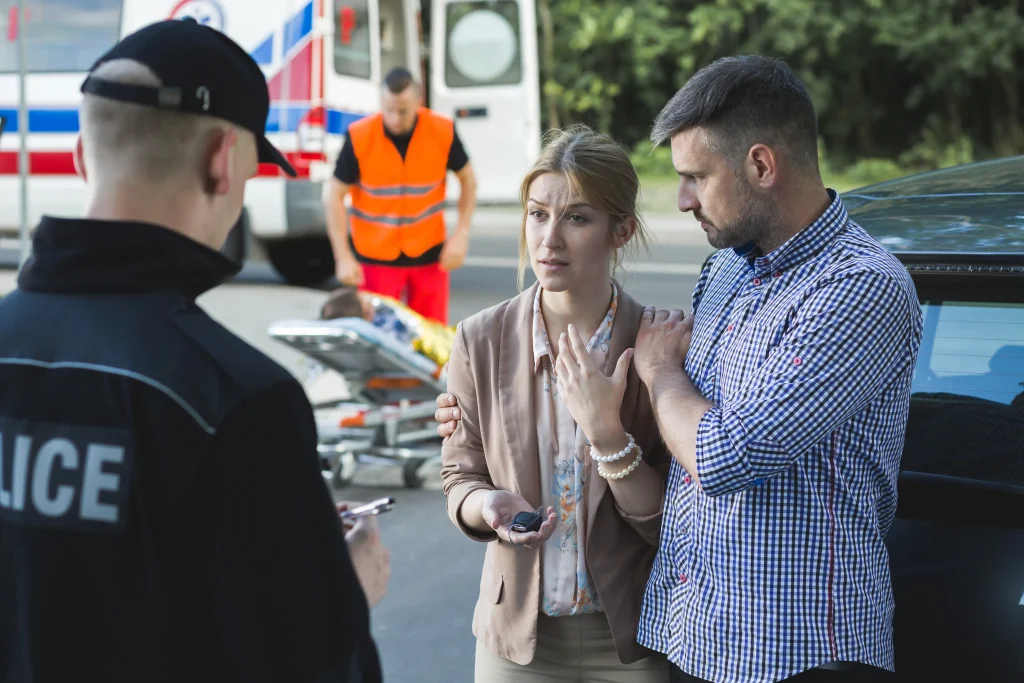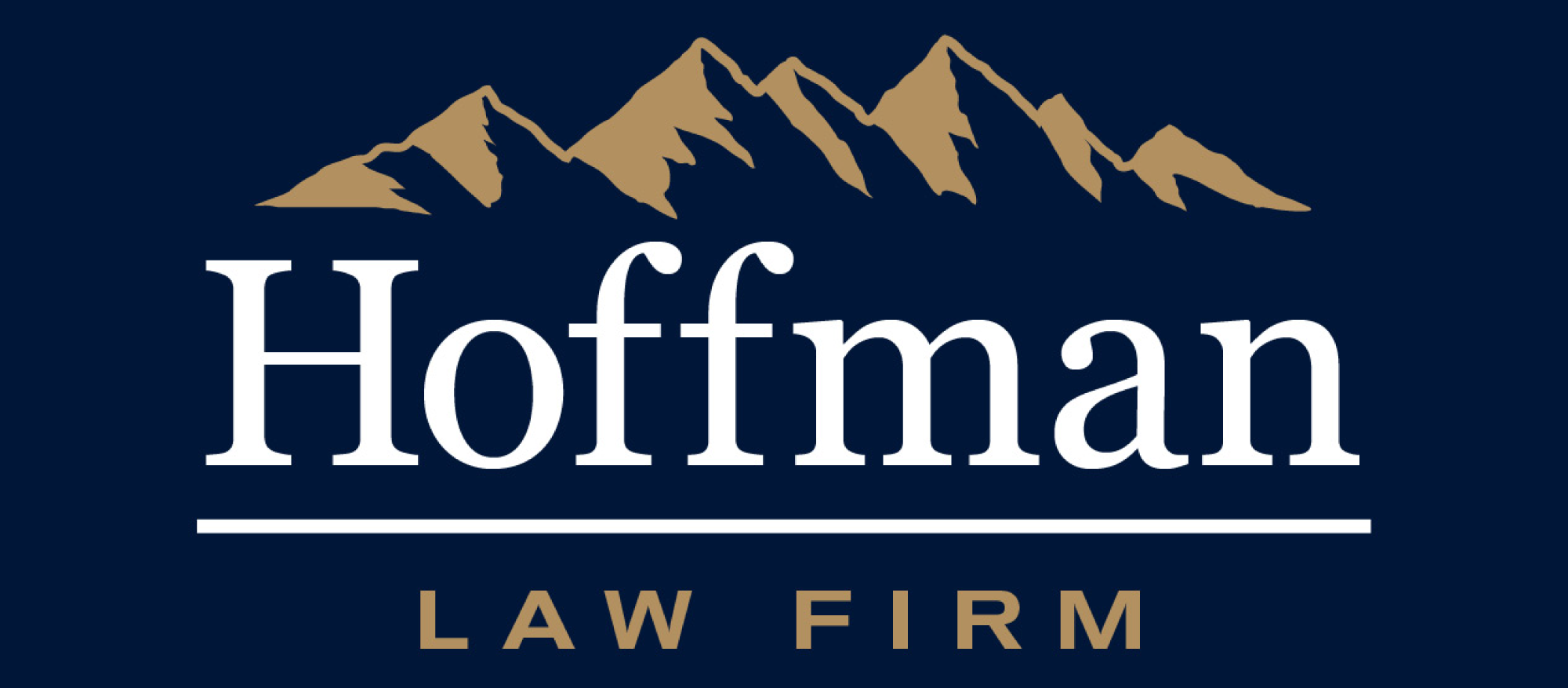Understanding the Discovery Phase in a Colorado Personal Injury Case

When you file a lawsuit after being injured in Colorado, your case moves through several stages before trial. One of the most important steps is called “discovery.” During discovery, both sides are required to exchange information so that the case can move forward fairly. This process not only involves sharing what you already have but also gives each party the right to formally request specific documents, answers, or other evidence from the opposing side. The goal is to make sure that neither party is caught off guard at trial and that all relevant facts are on the table. Discovery is often the longest part of a lawsuit, but it plays an important role in shaping the outcome of a case.
What Is Discovery?
Discovery is the formal process where each side requests and shares information relevant to the case. The idea is simple: both the injured party (plaintiff) and the defendant should have access to the facts and evidence before trial. This prevents one side from being surprised by evidence they did not know about.
Colorado’s Rules of Civil Procedure govern discovery. These rules allow each party to request documents, take depositions, and submit written questions, all aimed at uncovering the evidence needed to build their case.
Why Discovery Matters in a Colorado Personal Injury Case
The discovery phase is often where a case is won or lost. Evidence gathered during this stage can:
- Establish how the incident happened.
- Prove the extent of injuries and damages.
- Show whether the parties followed safety rules or acted negligently.
- Identify key witnesses and experts who will testify.
- Test the strength of the opposing side’s arguments.
In many cases, discovery leads to settlement because both sides get a clearer picture of the risks of going to trial.
Common Discovery Tools in Colorado Personal Injury Cases
Several methods are used during discovery. Each serves a different purpose but contributes to the larger goal of exchanging information.
Interrogatories
Interrogatories are written questions sent from one party to the other. They must be answered in writing and under oath. In a Colorado personal injury case, these questions often cover:
- Basic facts about the accident.
- The injured person’s medical history.
- Information about the damages the injured party has endured.
- What a party did to prevent the incident from happening.
- What knowledge each party had prior to the incident.
The answers help attorneys understand the other side’s version of events and gather details that may be used later in trial or settlement negotiations.
Requests for Production of Documents
This tool allows each side to request specific documents from the other. In Colorado personal injury cases, common requests include:
- Medical records and bills.
- Employment records.
- Insurance policies.
- Photos or videos of the accident scene.
- Police reports.
- Company policies or manuals (in cases involving businesses).
For example, if a case involves a trucking accident, the plaintiff may request the driver’s logbooks, vehicle maintenance records, and the trucking company’s safety policies.
Requests for Admissions
Requests for admissions are statements sent to the other party, asking them to admit or deny certain facts. This can streamline the trial by narrowing the issues in dispute.
For example, a defendant might be asked to admit that they were the registered owner of a vehicle or that they were working for their employer at the time of the crash.
Depositions
A deposition is an out-of-court testimony given under oath. Attorneys question witnesses, parties, and experts, and a court reporter records the testimony. Depositions allow lawyers to:
- Lock in testimony for trial.
- Evaluate witness credibility.
- Gather information not available in documents.
Depositions are often taken of the injured party, the defendant, eyewitnesses, medical providers, and expert witnesses such as accident reconstructionist.
Independent Medical Examinations (IME)
In some cases, the defense may request that the injured party undergo an examination by a doctor of their choosing. This is known as an Independent Medical Examination. The purpose is to evaluate the extent of injuries and whether they were caused by the accident.
Plaintiffs should understand that these exams may not be truly “independent.” They are arranged by the defense, and the doctor’s report may be used to challenge the plaintiff’s medical claims.
How Long Does Discovery Last?
In Colorado personal injury cases, discovery usually lasts several months to a year, depending on the complexity of the case. The court sets deadlines for when discovery must be completed.
For example, a straightforward car accident case may move through discovery in less than a year, while a medical malpractice or trucking accident case might take longer because of the volume of documents and number of witnesses involved.
Challenges That Arise During Discovery
Discovery is not always smooth. Common disputes include:
- Objections to requests: A party may refuse to answer a question or produce documents, claiming they are irrelevant or privileged.
- Delays: Some defendants may drag their feet, making it harder for the injured party to obtain information.
- Protective orders: Courts may limit discovery if it becomes overly burdensome or invasive.
If disputes arise, attorneys can file motions to compel, asking the judge to order the other side to provide the requested information.
Discovery’s Role in Settlement
One of the most practical outcomes of discovery is that it helps both sides assess the strength of the case. When the evidence is clear, cases often settle before reaching trial. For instance:
- If discovery reveals that a company violated its own safety policies, the defendant may prefer settlement to avoid trial.
- If medical records show permanent injuries and significant treatment, the plaintiff’s damages claim becomes stronger.
- If evidence appears weak, the injured party may decide to resolve the case rather than risk trial.
In short, discovery provides the foundation for informed settlement negotiations.
Tips for Injured People Going Through Discovery
If you’re a plaintiff in a Colorado personal injury case, here are a few things to keep in mind during discovery:
- Be honest in your answers. Lying or hiding information can severely damage your case.
- Stay organized. Keep copies of medical records, bills, and correspondence to share with your attorney.
- Prepare for depositions. Your lawyer will help you get ready, but it’s important to review the facts and answer truthfully.
- Expect personal questions. The defense may ask about your medical history, work background, or even social media use.
- Rely on your lawyer. Your attorney will guide you through the process, handle disputes, and protect your rights.
Conclusion: Why Discovery Matters in Your Case
The discovery phase is more than just paperwork and questioning. It is the backbone of a Colorado personal injury lawsuit, allowing both sides to understand the strengths and weaknesses of their case. While it can feel overwhelming, discovery is essential for building strong evidence, encouraging settlement, and preparing for trial if necessary.
If you’ve been injured in Colorado, you don’t have to navigate the discovery process alone. An experienced attorney can ensure that evidence is preserved, requests are handled properly, and your rights are protected every step of the way.
At Hoffman Law Firm PC, we represent clients across Colorado in personal injury cases. We guide our clients through discovery and every stage of litigation, working to secure the compensation they deserve.
Contact Hoffman Law Firm PC today for a free consultation.
